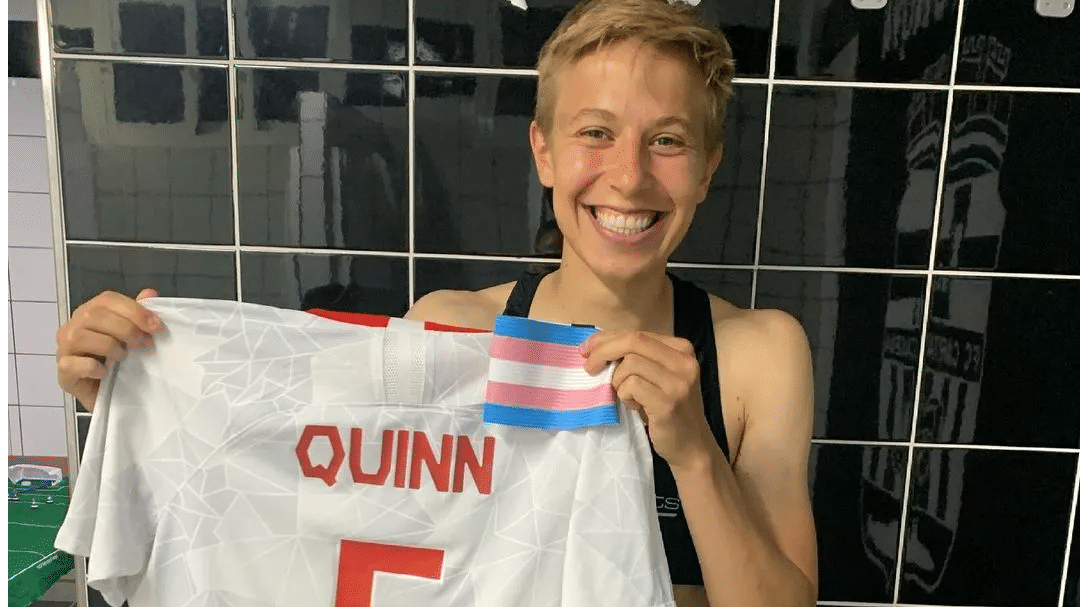Quin, a
midfielder in the Canadian soccer team, created history by becoming the
first openly transgender athlete to compete in Olympics when they started on
Wednesday in Canada’s 1-1 draw with Japan. Though it has been years since the
trans athletes were first allowed in Olympics, this is the first time anyone is
openly doing so.
Quinn, who uses
they/them pronouns, took to social media to share their feelings.
“I feel
proud seeing `Quinn’ up on the lineup and on my accreditation. I feel sad
knowing there were Olympians before me unable to live their truth because of
this world. I feel optimistic for change. Change in legislature, Changes in
rules, structures, and mindsets,” they wrote on Instagram.
Quinn had
also competed in the 2016 Rio Olympics where they, along with the Canadian team,
won a bronze medal. They came out as transgender last year.
Also read: Kept out of venues, Japan Olympic superfan brings Games home
But Quinn
is not the only one. Laurel Hubbard, a transgender woman, is competing in
weightlifting for New Zealand. Chelsea Wolfe, a transgender cyclist, is a
reserve on the US women’s BMX Freestyle team.
Several
others had a chance to compete but they could not for various reasons. Nikki
Hiltz did not qualify in the women’s 1,500 meters at the US track and field
trials, while CeCe Telfer was declared ineligible in her bid to run in the
400-meter hurdles. Volleyball player Tiffany Abreu did not make Brazil’s final
Olympic roster.
Transgender
athletes have been allowed to compete in the Olympic Games since 2004.
According
to the current rules, transgender athletes must demonstrate lower testosterone
levels for 12 months before competing, and athletes can only qualify four years
after transitioning, at the earliest.
This participation
of transgender athletes at the Olympics comes amid a wave of anti-transgender
legislation across the United States.
Proposed
laws banning or restricting transgender athletes from participating in youth,
high school and even college sports have been introduced in 37 states. At least
seven states have enacted such laws. The federal government has challenged the
laws of some states but it is still a long fight.







